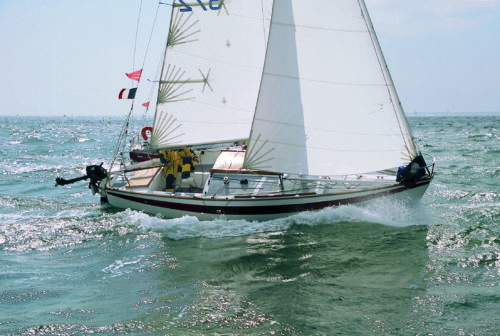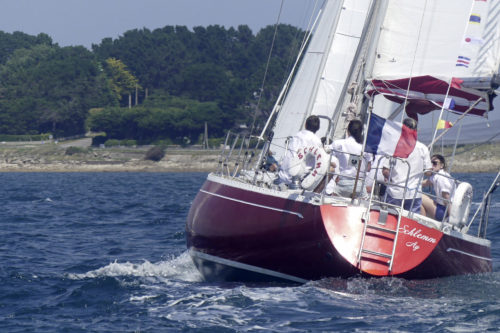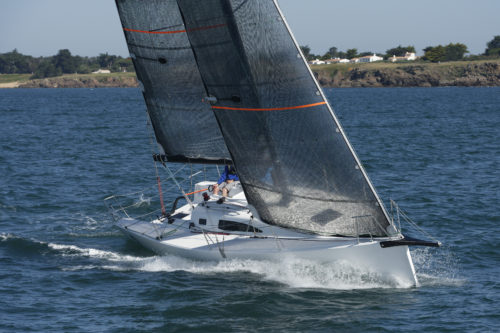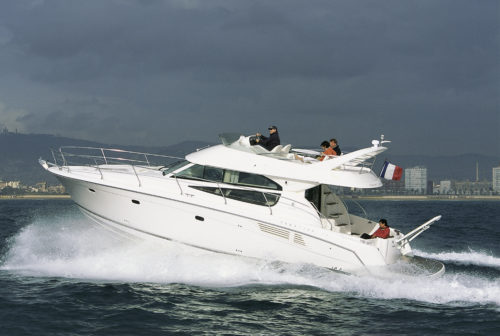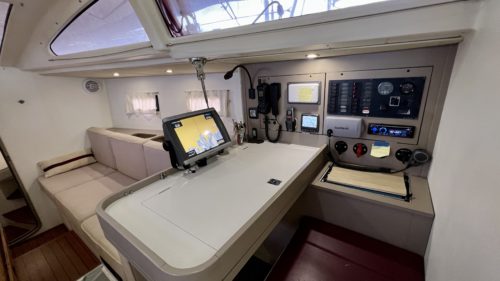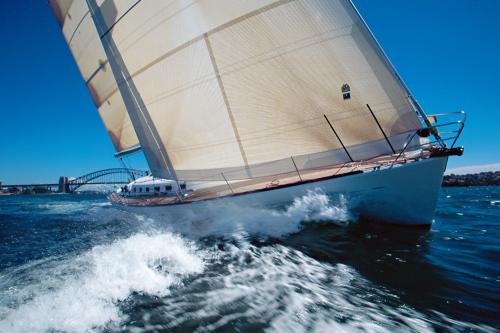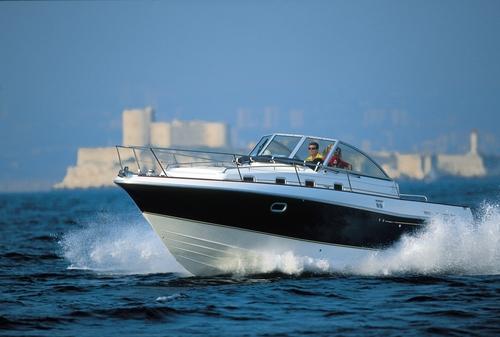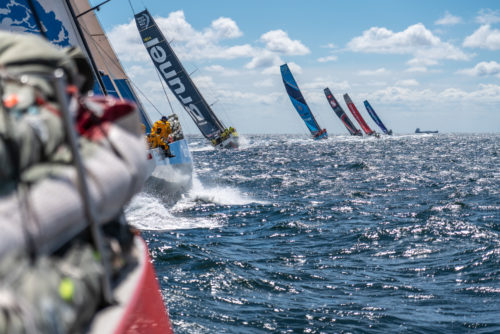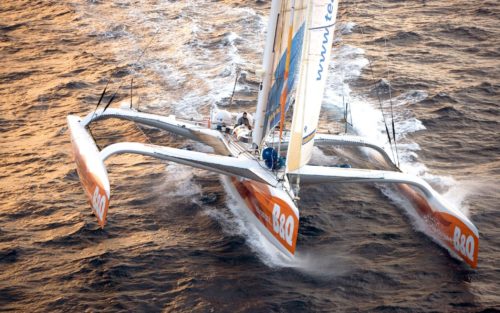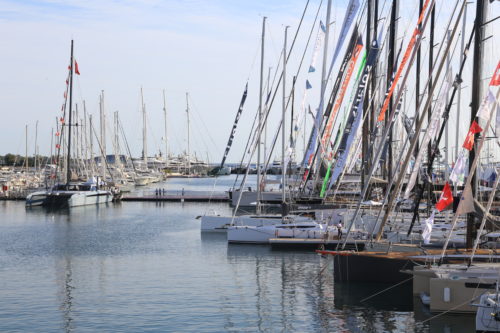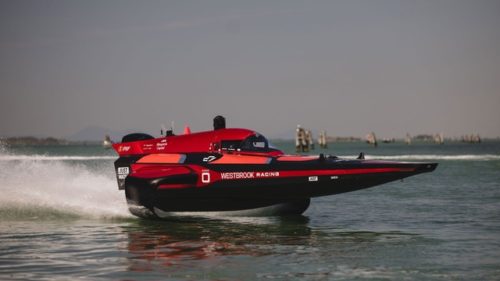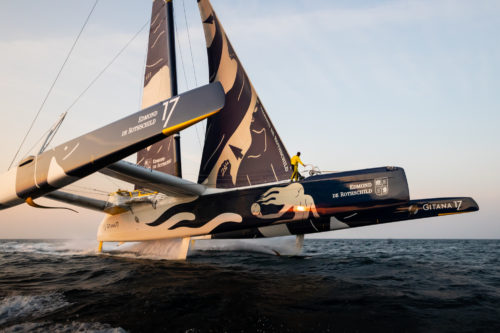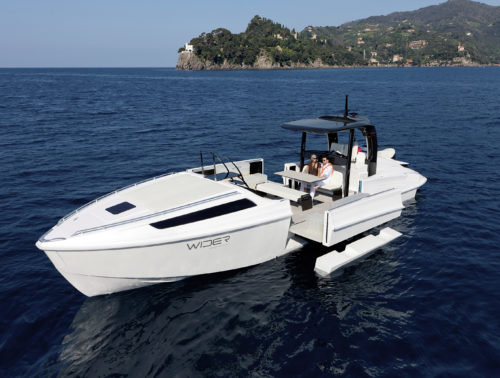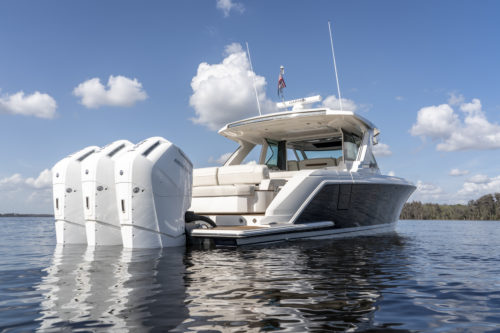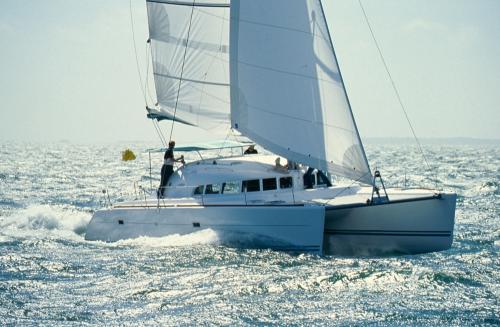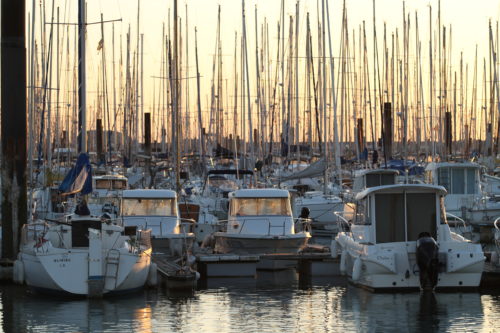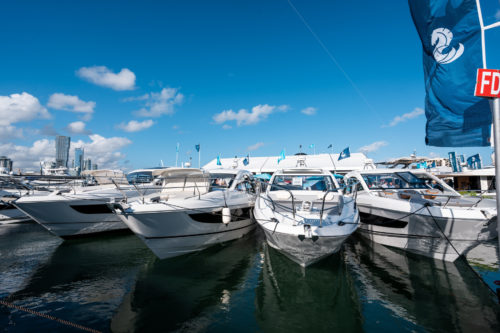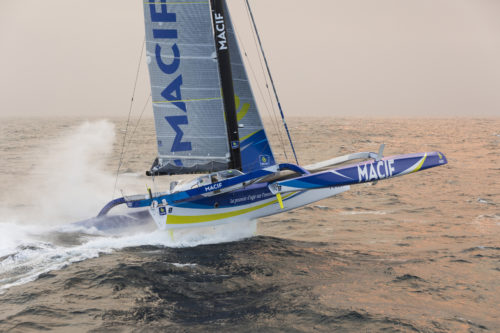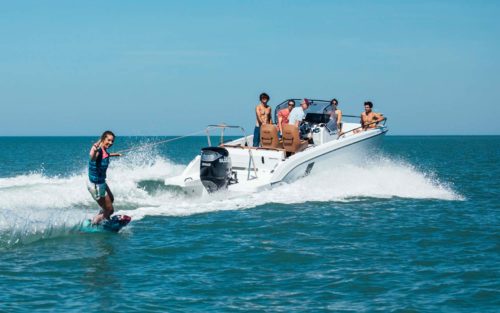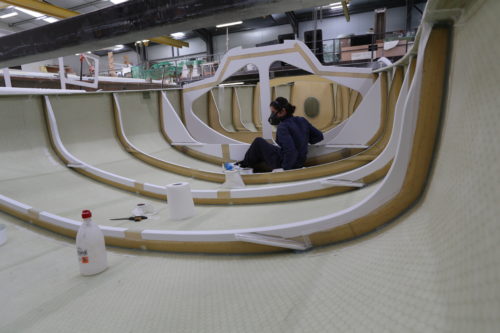Olympic success for France in sailing

Serge Maury, the unexpected Olympic Champion
Unknown before arriving in Kiel, in northern Germany, where the Munich 1972 Olympic sailing competitions were held, a young cooper or barrel maker from Bordeaux, at the tender age of 26, created a surprise, winning gold in the prestigious Finn series, a single-handed event that was both technically and physically demanding.
Trained by Philippe Soria, a sport and physical education teacher from Languedoc, who had himself been selected for the Mexico Olympics four years earlier, Serge Maury, who looked more like a scholar with his glasses on, quickly impressed everyone with his composure and tactical knowledge, worthy of the finest sailors. With his brilliant performances in the first rounds in light erratic winds, coming in ahead of all the favorites, including John Bertrand, the future winner of the America’s Cup on Australia II eleven years later, Serge Maury never relinquished his leading position.
Following the dramatic events linked to the Black September terrorist attacks in Munich, the races were temporarily suspended and, despite the situation, Serge Maury maintained his focus. He finished ahead of Greece’s Hadzipaolis, Russia’s Potapov and Australia’s Bertrand. 40 years after Jacques Lebrun won in Los Angeles, France had another sailing Olympic champion.
Team’s secret weapon: A meteorologist with a magic touch
During this Olympiad with anticyclonic conditions in the cold waters of the Baltic Sea, the French team had a “secret weapon”. René Mayençon, a meteorologist specialized in marine forecasts, who wrote a leading book that was used as a reference for sailors and quickly became known as “The Mayençon”, was in charge of preparing the daily weather reports.
Like a magician, at dawn, in the forest next to the water, the forecaster observed whether there was any dew and noted the orientation of the mushrooms in relation to the direction of the sun. He then deduced the direction of the thermal breeze and the timing for the shift in the wind. During every single round of the Olympic event, Mayençon’s forecasts were uncannily accurate.
The Pajot brothers, two formidable competitors
The brothers from La Baule, where their father had a sailing school, were just 19 and 18 years old respectively. Yves and Marc Pajot had raced ahead, competing for years on boats that were reserved for adults. Incredibly precocious, they shone in the 420, 470 and 505, won everything, and did nothing but sail, clearly more motivated by competing than studying…
When they decided to try their luck to compete at the Olympic Games in Munich, the French Sailing Federation was reluctant: “You are too young, you do not have the maturity needed to go there…”. However, following the selection events, the two brothers beat the favorites and qualified for the Flying Dutchman series, a complex dinghy over 6m, reserved for bigger frames.
The Pajots and their innovations: key to their Olympic success
The Pajots did not only sail seven days a week, during both summer and winter, but they were also always looking to research, innovate and optimize everything. They were the first to dare use a hull made of composite materials, but with a wooden deck, and invented the automatic trapeze system that avoided the need to unhook when tacking, so they could save time. Lastly, they wore tight-fitting sailing suits to minimize wind resistance.
Rodney Pattisson, the untouchable English sailor, former Olympic champion
In the car park of the Olympic Marina in Kiel, the journalists were not really interested in these two young lads, but paid close attention to every little thing done by an Englishman by the name of Rodney Pattisson. Already an Olympic champion at Mexico in 1968, he had decided to put his title on the line again. Untouchable, he finished ahead of Yves and Marc Pajot, and Germany’s Libor and Nauman.
















